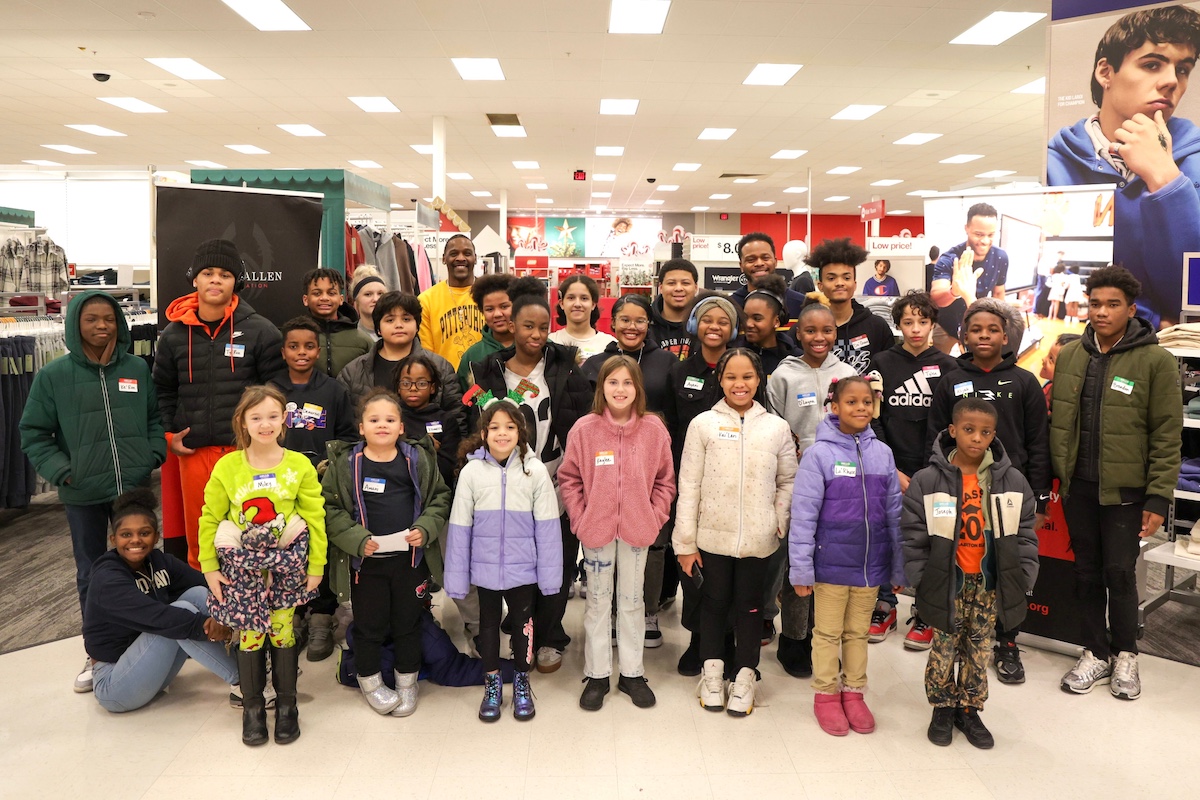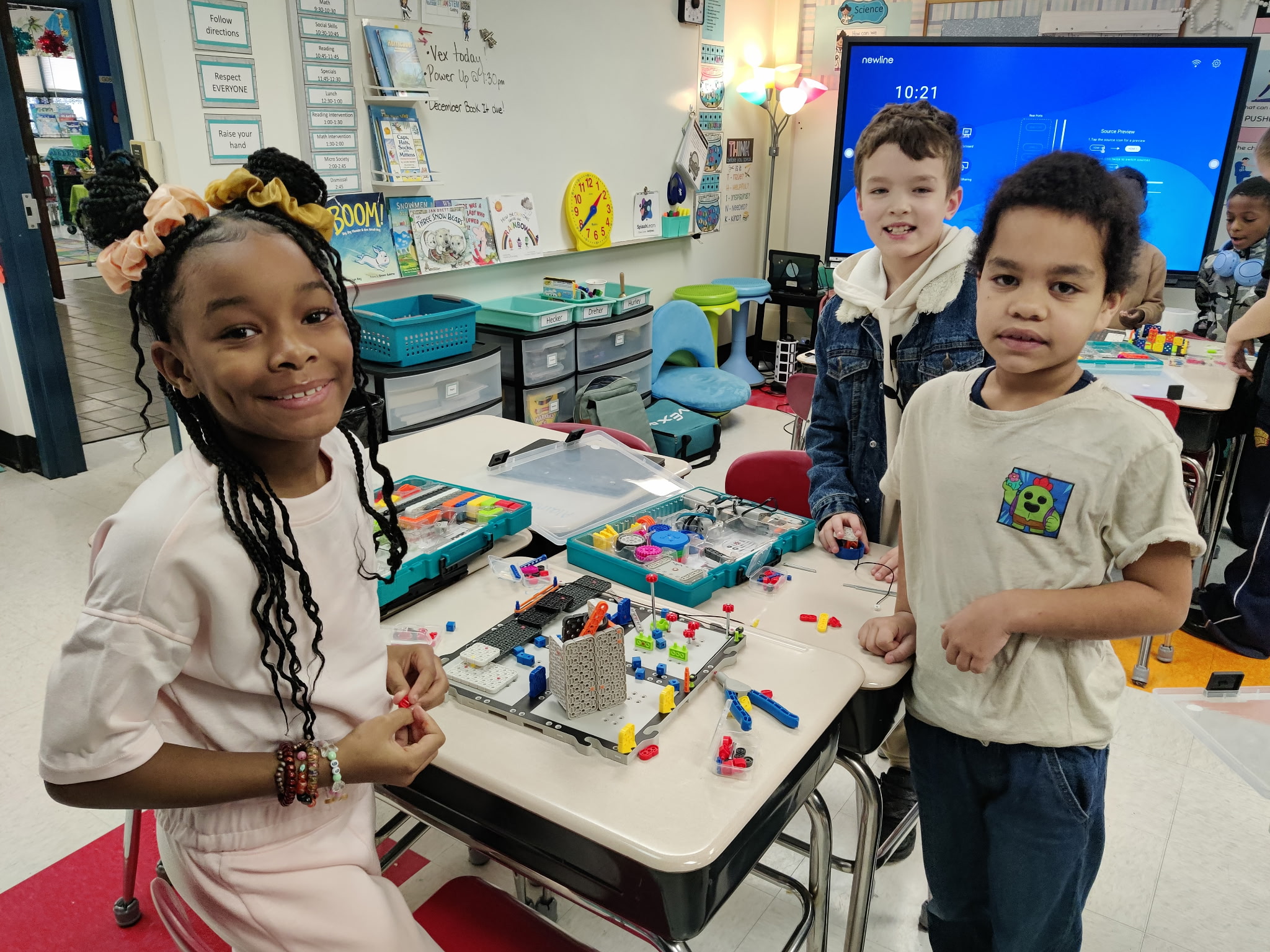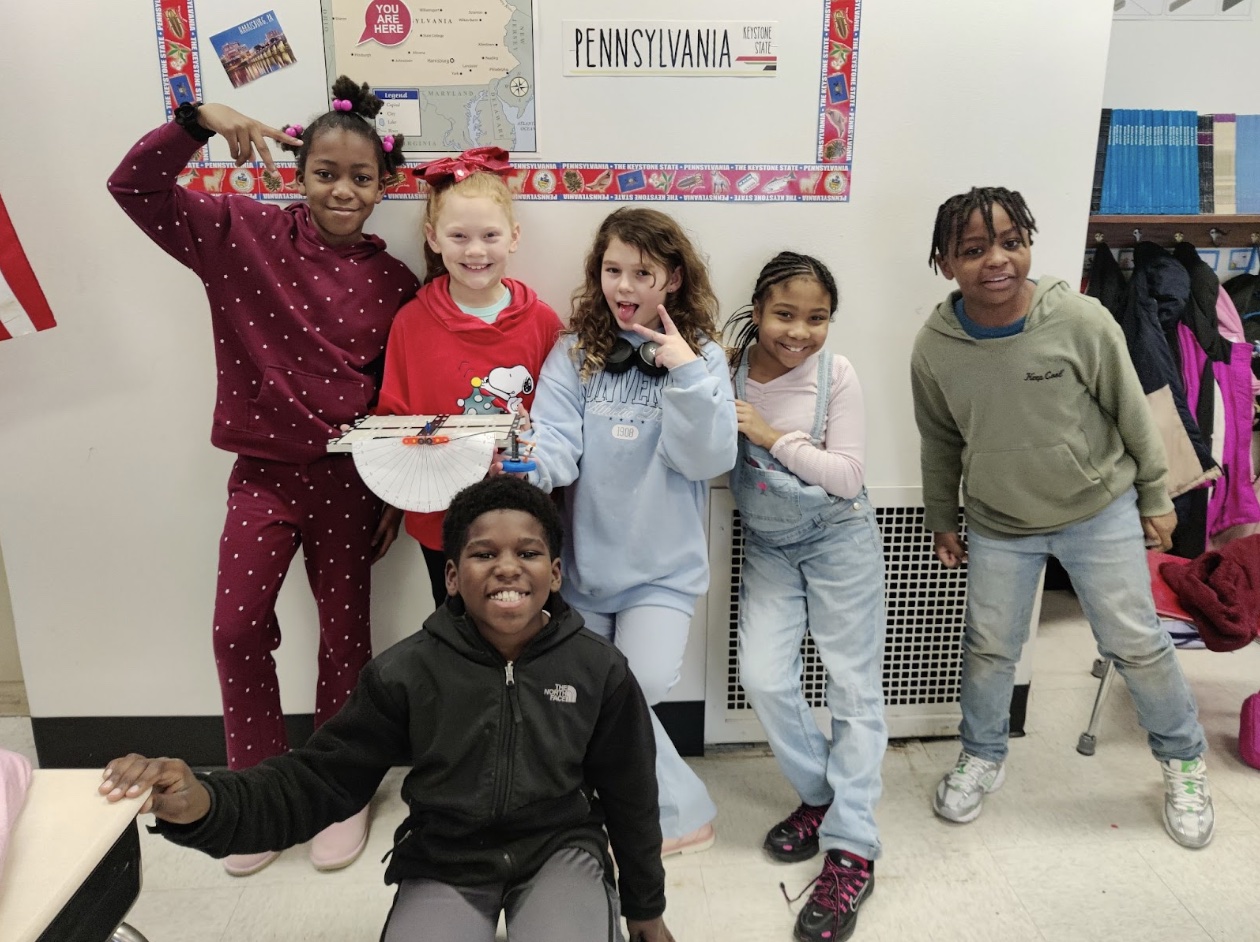Personalities of Pittsburgh: Will Allen wants to 'move the needle’

Will Allen played for 12 years in the National Football League. He started building the groundwork for his post-football career while still playing at Ohio State University, where he won a national championship in the 2002 season. The Will Allen Foundation, based in Pittsburgh, works to provide a “level playing field to foster new leaders for a new generation.” Since leaving the NFL, Allen began making investments in real estate, technology, energy and other businesses, through partnerships and venture capitalists. His investment portfolio has included Hibersense Inc., a Pittsburgh technology company that controls indoor climates, and Columbus-based LUNA Energy Partners LP, an LED lighting firm.
Did you always dream of being a pro football player?
My mindset was I want to be really good or really great at anything I do. Sports kept me competitive and helped me grow as a person and a man. My dream was to get out of Dayton, Ohio, and play big-time college football and get a scholarship.
When did you begin to look at your post-football prospects?
I started networking in Columbus (while at Ohio State). I was preparing as if I wouldn’t make it in the NFL. But once I kind of knew I could make it, I was 100% locked in on going to the NFL. Once I got in the NFL, teammates and the players’ union did a great job of educating us what’s next after the NFL. I was 21 and just got drafted and they were like “prepare for it to end soon; save all your money,” and I’m thinking “I just got here.”One of my teammates was Derrick Brooks, All-Pro Hall of Famer. I was blessed to play with him, and he said, “Will, heed this advice: Take care of your money and your money will take care of you; take care of your body and your body will take care of you. Those are your two greatest assets while you’re playing the game.”
After starting the foundation, how did you get into investing?
The nonprofit was easy. Everybody expects a pro athlete to have a nonprofit, and they always want to support it. Everybody wants to attach their name to the cause, to the mission, but also to that athlete. So that was easy. The challenge is you don’t know what you don’t know. I didn’t know how to build a board the right way. I was just excited about the mission and in helping people. As far as business and investing, I was so lost to be honest. I was very hesitant. The most challenging part was trusting someone. I think that is a huge problem especially for athletes, especially for African Americans. Who can we go to that’s in our community with our background, who have started and grown and scaled a business? So I started immersing myself, started educating myself. … And then I took the plunge and said, “Alright, I’m going to make an investment in real estate.” This was 2008 or 2009. I made my first investment in real estate with a group of guys who had a track record. Then I started to get good at evaluating.
What are your goals working with startups?
The primary goal is to help founders succeed and help them be better people, help them manage their teams well, help them build great company culture and help them navigate their business and master their crafts. The next priority is having more black entrepreneurs and more black VCs in the game. How do I educate, how do I bring people along with me, how do I collaborate with other black VCs, women and men, that are out there? … Those are things I want to do, invest more in more black and brown founders, because they are an untapped demographic and there is so much untapped potential there. Moving the needle and not just checking the box. That’s something I’m passionate about, especially in today’s climate. And I feel it’s my responsibility.
You use the phrase “moving the needle.” How to you apply that to yourself?
I think it’s a good way to think. We want to move the needle. We don’t just want to check boxes for the sake of doing it, we really want to help people transform lives in everything that we do. My goal is to teach and mentor and uplift African Americans because I’ve done that my whole life, but I’ve also done that with white kids in the suburbs. Even more now, there’s a greater sense of urgency to eliminate racism and eliminate barriers. I’m definitely looking for companies that have a societal impact and a good business model. That’s the ultimate win if you ask me.
Is there a person that you admire and would like to meet?
The person I really admire is Robert Smith. He’s a private equity venture capitalist. He’s the wealthiest African-American in the United States. What I like about him is his humility and grace and determination to uplift African American communities. He’s very purposeful. He paid all the student debt at Morehouse College a year ago. He moves the needle. I would love to get him to come to Pittsburgh and have a conversation with him and let him bless us with his presence. He gives and he shares and he wants to try to build the African American socioeconomic base to improve it. That’s inspiration for me. ... I may not be a billionaire, but I can do my part in helping my community unite and collaborate.
BIOBOX
Titles: Venture capital investor; founder, Will Allen Foundation
Age: 38
First job: Cutting grandmother’s and neighbors’ grass and shoveling snow.
Education: Bachelor’s, strategic communications, Ohio State University
NFL: 2004-2009, Tampa Bay Buccaneers; 2013, Dallas Cowboys; 2010-2015, Pittsburgh Steelers
Residence: Squirrel Hill
Family: Wife, Alexis, 36; daughter, Eliana, 2
Hobbies: Golf, collecting art by African American artists
Causes: Board, Partner4Work; board, Carnegie Library of Pittsburgh; member, City of Pittsburgh’s Advisory Board on Entrepreneurship & Start-ups; board, United Way of Southwestern Pennsylvania
Related Posts



































